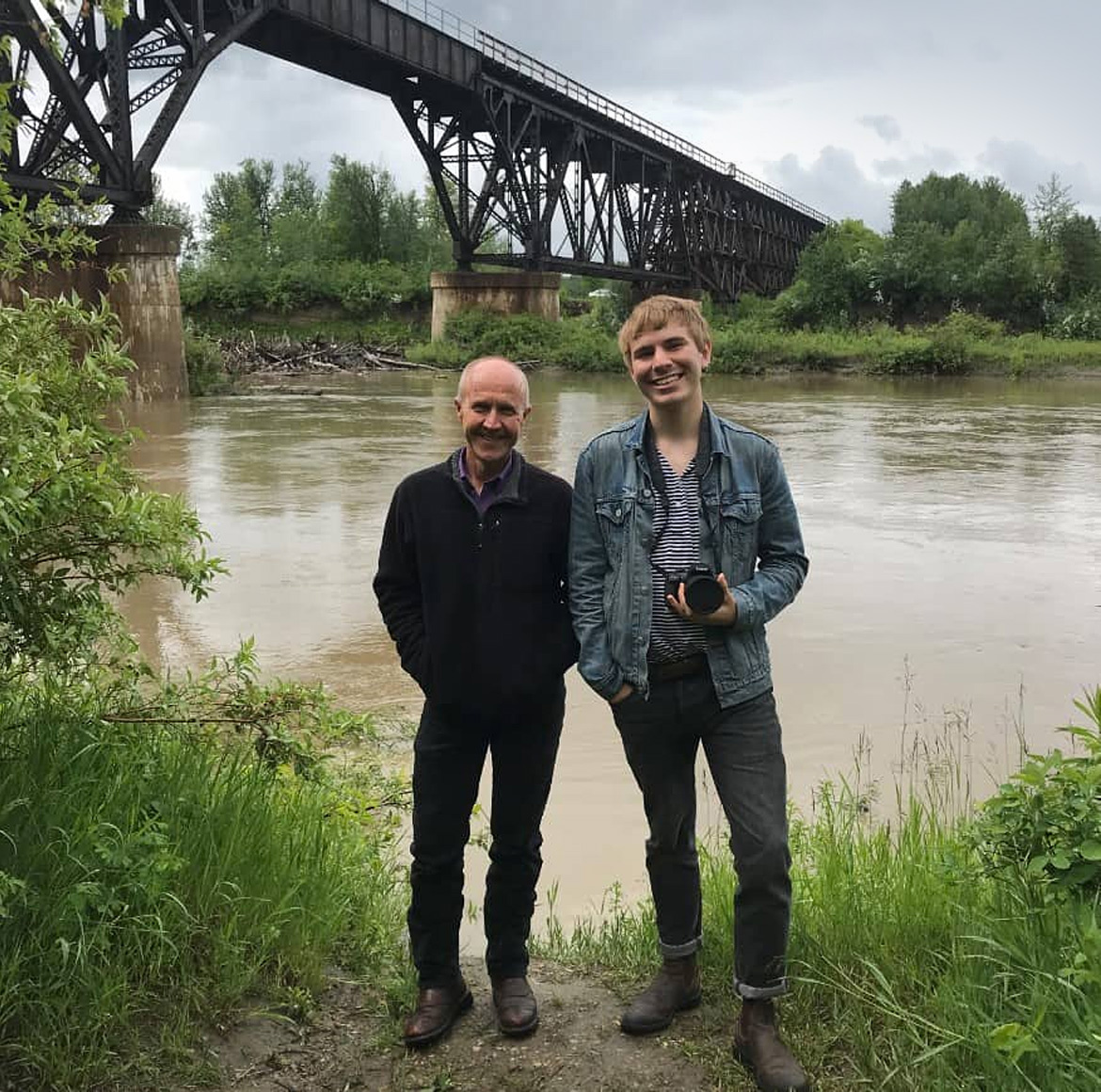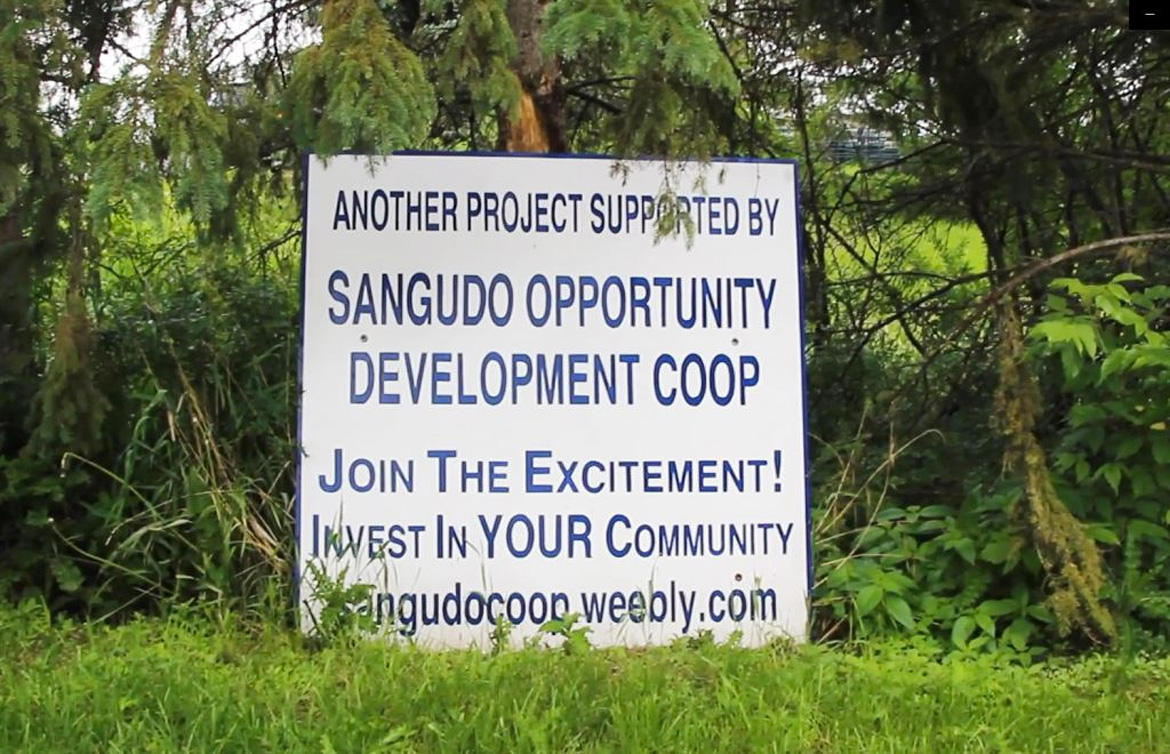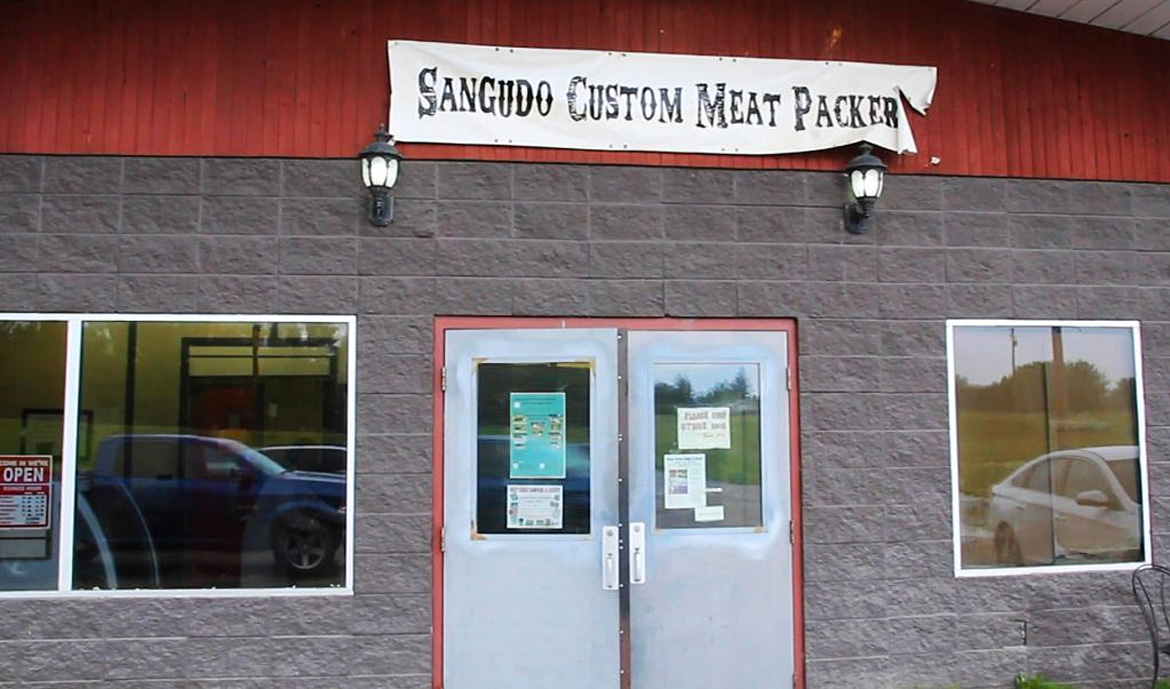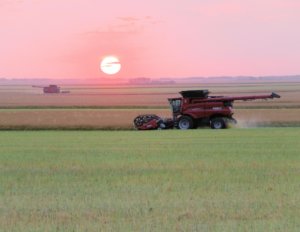Sangudo, Alberta is nestled within a bend of Pembina River and is home to just under 300 residents. Like many rural communities across the prairies, this idyllic little hamlet is struggling to reinvigorate small businesses on their main street and attract young families.
The Business Development Bank of Canada expects 41% of Canada’s small business owners to retire over the next few years. Nearly half of them hope to sell to someone unrelated to them, but fewer than 10% have a formal succession plan. There is a lot of concern in rural communities across western Canada about their viability over the long term. But, there is a way you can invest locally in your town’s economy while also keep your community vibrant.
Local business leaders find a solution through investing locally
Like many Albertans, Dan and Carol Ohler have an independent streak and entrepreneurial drive. They also care deeply about their home town and are active volunteers. Not ones to let grass grow under their feet, they started looking for solutions and a way to help revitalize the area.
Thankfully, Sangudo has fibre optic cable and high-quality internet, which is a difference maker in rural areas. Many smaller communities across the prairies don’t have that amenity and struggle with expensive, less reliable satellite options.
But internet alone wasn’t enough. So, a small group of business and community leaders in the area decided to try something different.
Investing locally is more than playgrounds and ball uniforms

“We realized we had to do more than just fix up playgrounds and buy kids ball uniforms,” said Dan Ohler. “We needed to do something to help our local economy. It was a new kind of volunteering.”
To do this, the Ohlers and a growing group of local business leaders explored options and landed on the idea of starting an investment co-op. It wasn’t something anyone in Alberta had tried before, but the strategy had worked in other provinces and the Sangudo group thought ‘why not here?’
Investment co-ops (usually called “Opportunity Development Co-ops” in Alberta) are made up of community members who want to invest in their local economy. The co-op gives them a way to pool their money to invest in local projects. In some cases, like Sangudo, the fund is dedicated to revitalizing businesses. In other cases, these co-ops support seniors housing or infrastructure projects. Most often members expect a return on their investment, but the terms — both in expected returns but also amount of acceptable risk — are often more flexible than what’s available through other financing options.
Saving the local meat processor
Sangudo Custom Meat Packers was the first business to benefit from this group’s fund. The owner of the meat processing shop at the time was looking to retire but was struggling to find buyers. So, the business
was at risk of closing.
Knowing Sangudo was about to lose its butcher shop, two young entrepreneurs in the area wanted to take over the business. However, raising the capital to purchase the building and equipment was going to be a serious challenge.
Seeing an opportunity, the local investment co-op took up the challenge and raised $250,000 from local cattle producers and other community members who recognized the value in having a butcher close by. From there, the co-op purchased the building and assets and leased them to the two young entrepreneurs.

Return on investment
Though not an immediate success, over time the new owners grew the business, hired more employees, and continue to be a vital part of the community. Thanks to this investment, the co-op has had a small financial return, but also increased jobs in the community and a thriving locally owned business where there might have been a boarded-up building. And the co-op has since invested in the local economy in other ways, such as housing and a café owned and operated by a young entrepreneur from the community.

Today, investment co-ops are a growing trend in rural areas throughout Canada.
Stepping outside the café and gazing down main street, Ohler said: “We’re not just building businesses. We’re building community.” And he’s right. The healthier a town’s main street, the more prosperous and vibrant the community is as well.

 Written by
Written by 


